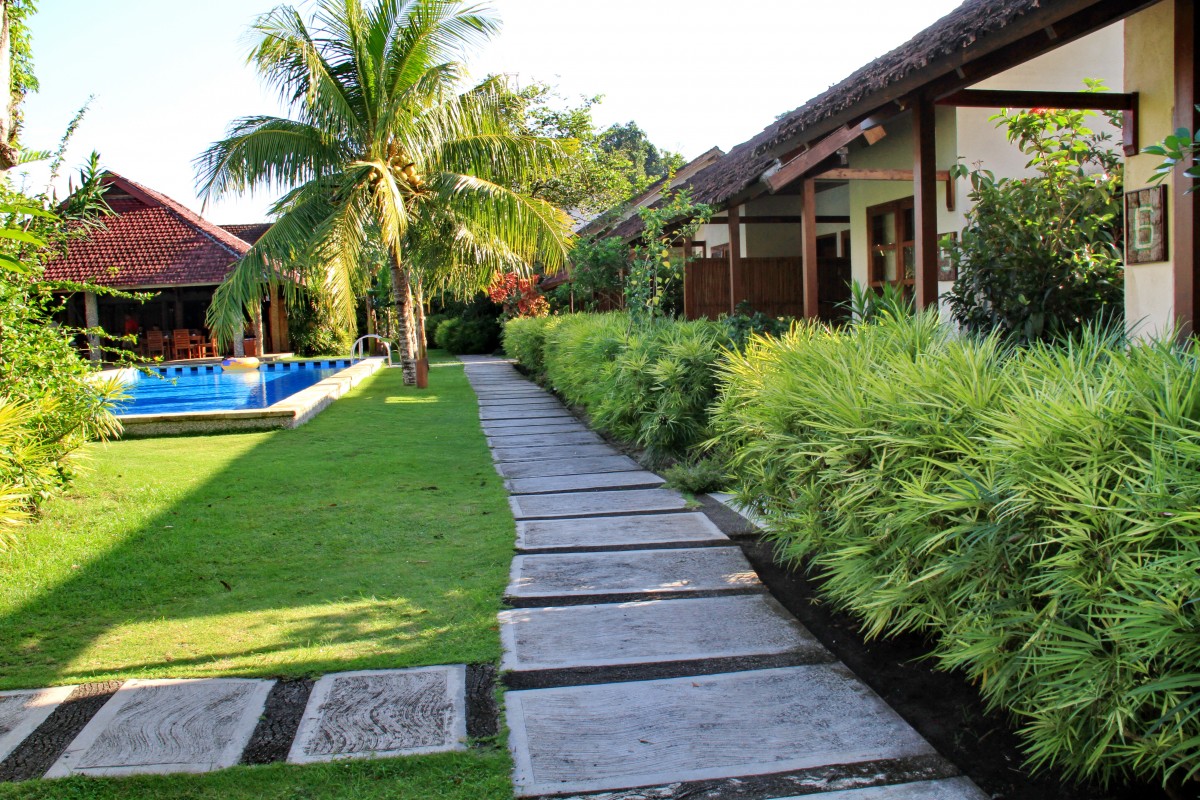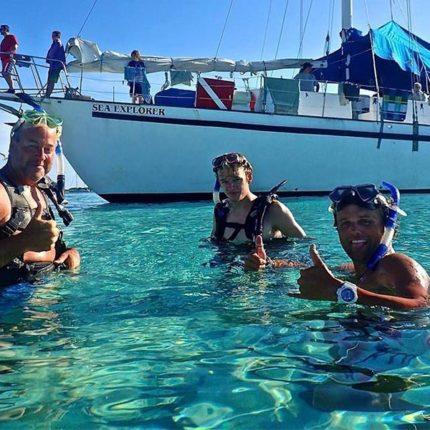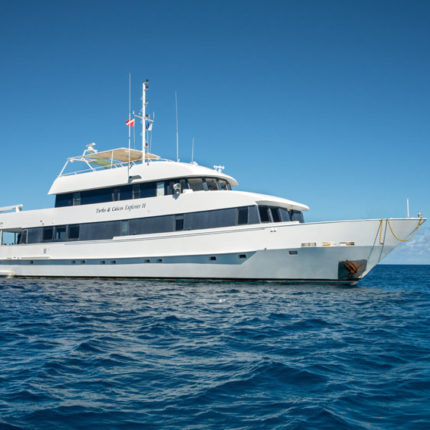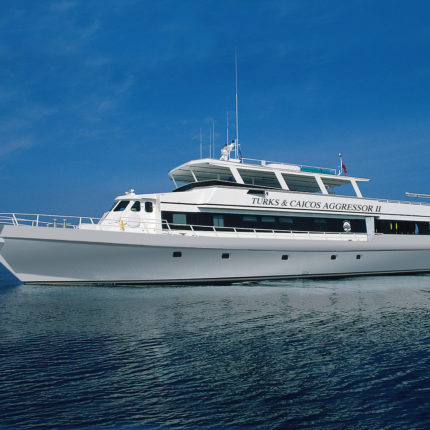Cocotinos Manado
North Sulawesi, Indonesia, Asia
Welcome to Cocotinos Manado
Cocotinos Manado is a boutique dive resort located within Wori Bay in the heart of Kima Bajo, a fishing village overlooking the Bunaken National Marine Park, world famous for its rich and astounding, wall and macro scuba diving.
A mere 25-minute drive from Manado’s Sam Ratulangi International Airport brings you to the resort, nestled on a chocolate-colored beach in full view of Siladen Island and Manado Tua, a majestic dormant volcano across the Sulawesi Sea.
Through the use of selected hardwoods, stone, and other ecologically friendly building materials sourced from the region, the resort blends seamlessly with the surrounding village and coconut grove.
At Cocotinos Manado, you will enjoy fabulous diving, spectacular sunsets, delicious local and international cuisine as well as their signature warm and personal service that is now much talked about amongst the loyal guests.
Besides Bunaken Marine Park, a 90-minute drive will bring you to Lembeh Straits on the other side of North Sulawesi, the “capital” of muck diving in the world.
Accommodations and the Resort
Cocotinos was designed to be simple and practical along the lines of a small Indonesian village but equipped with all the modern comforts for the present-day traveler. Cocotinos is a 22-room property comprising of 2 Standard Rooms, 6 Garden Rooms with garden view, 4 Garden Rooms with full pool and ocean view, 8 Water’s Edge Rooms and 2 Suites (Kano-Kano and Posi-Posi).
The rooms are generally built in a semi-detached arrangement with two rooms under one roof. Each Suite is built on top of 2 Water’s Edge Rooms.
The inspiration for Cocotinos comes from the simple way of life and vernacular style of construction that is typical of an Indonesian village. The aim was to create a facility that is stylish and also caters to the needs of the present-day traveler, with particular attention to divers.
The restaurant, swimming pool and dive center are located close to each other to encourage social interaction between guests who share common interests. Power points are located on every column in the restaurant to make photo viewing and sharing so much more fun after a great day’s diving. Free Wi-Fi is available at the restaurant and lobby. Wi-Fi is also available in the rooms for a basic daily charge.
Scuba Diving
The resort proudly boasts a full-service scuba diving center operated by in-house Odyssea Divers. Odyssea Divers is a certified PADI & SSI Dive Centre. So even if you don’t come as a diver, you could very well leave as one! Their multi-lingual instructors have many years of experience and several hundred certifications between them. Courses can be conducted in English, Indonesian and Japanese.
Black Water Diving
The original concept of black water diving consists of going to an offshore location in the middle of the ocean at night and jumping into the abyss to watch the ocean’s diurnal migration. By hanging lights at around 15m for a stable reference depth and drifting over a contour of 20 meters, or as deep as you can, one can see microscopic zooplankton rising from the depths, bringing with them an array of magical creatures.
Facilities
The bathrooms are designed to be bright and airy. Every bathroom has a skylight and glass blocks to allow natural lighting, as well as ventilation windows with mosquito netting to keep out the bugs. Guests will enjoy the spacious shower area with its pergola and planter box at the side which gives the feeling of showering in the outdoors. Privacy doors for the water closet and shower areas make the bathroom more practical for double sharing, especially during the early morning rush before a dive.
The bedrooms are designed with high ceilings and each bedroom has a special louvred window with mosquito netting that allows for natural ventilation while keeping out the bugs. It also provides security for guests who choose to sleep without air-conditioning.
In general, the resort is built using local material that is available in the vicinity of the resort. Fossilized coral is used on columns and accent walls; washed pebble is the floor finish in the bathrooms and public areas; and “Buluh Tui” a type of bamboo used by local fisherman is featured on bathroom doors and balcony partitions. Volcanic stone is hand-hewed and used for the construction of the boundary wall.
An interesting fact to point out is that the swimming pool was dug out, not by excavators, but by the village women. They would do the digging whenever they could find a break from cooking, washing and looking after their children. In addition to the swimming pool, a large part of the construction work was also carried out by workers from the nearby villages. As such, guests may find the finishing of the rooms a bit rough in part. It is, however, a fair exchange to accept some imperfections in return for good social relations with, and economic benefit to the local villagers.
Laleina Spa Life
Guests often ask what The Laleina Spa was named after? “La Leina” simply means “The Sea” in the language of the Tombulu people, one of the indigenous groups living in the Minahasa Highlands of North Sulawesi. The tree under which the spa is built is the Hibiscus tiliaceus, a lush tree that is commonly found along the coastal areas of Indonesian archipelago. So, Laleina Spa simply means “The Sea Spa”, a name befitting its location, and which sets the tone for a wonderful and relaxing experience.
Year round, you will find the tree’s abundant yellow and orange flowers strewn on the grounds as you enter the spa. An intimate lounge behind a rustic bamboo screen is where the friendly therapists will put you at ease and help you choose a treatment that suits your needs. You will be led under a knotted bough of the 50-year-old tree to one of the treatment rooms, the enclosed “Bunga Raya” (Indonesian for Hibiscus) or the open-air gazebo “Para Para”, which means “platform” in the Manado language.
What can be more inviting after a thrilling day at sea, diving and snorkeling under the tropical sun, than a relaxing massage in the hands of one of their experienced therapists?
Close your eyes…. and feel your tension melt away, to the gentle sound of the waves lapping the shore.
Swimming Pool
The swimming pool, set in a manicured lawn, is the focal point of the resort. An emergent Kapok tree and a 50-year-old Sea Hibiscus tree provide the backdrop for an area that is ideal for fun, informal gatherings and relaxation. With a deep end of 3 meters, the pool is also used for scuba training and to offer guests an introduction to diving in a short Discover Scuba program.
Activities
Please check at the front desk for the in-house program of daily entertainment and activities. Tours to the city, nearby islands and the Minahasa highlands are also available. Contact any of our staff for more details and prices.
Tangkoko Nature Reserve Tour
Nature is the best! The Tangkoko Nature Reserve is located on the slopes of Mt. DuaSudara, just north of Bitung. An important conservation area, its 8718 hectares (34sq.miles) are home to a spectaculars array of flora and fauna, including mane endemic and endangered species
Minahasa Highland Tour
A scenic and historical tour that takes you to the panoramic hills and mountainous areas of Minahasa. The tour begins with a leisurely drive south through the lush north Sulawesi hillside as you climb 700 meters to the town of Tomohon, whose cooler climate makes it a refreshing getaway from the heat of Manado.
Mt. Mahawu Trekking Tour
You will leave Cocotinos by van and head to the city of Tomohon, driving through the vast vegetable planation of the Rurukan Village, approximately 1000 meters above sea level. This will be your starting point for trek up Mt. Mahawu, an active volcano at an altitude of 13311 meters. It takes approximately 1 hour to reach the volcano’s rim, passing through potato and onion fields dotted with wild cows. It is an easy trek for all.
Klabat Trekking Tour
Klabat is the highest mountain in North Sulawesi province. The peak of the Mountain reaches a height of about 2100 meters. This mountain, by Tonsea community (North Minahasa tribe) also called as Mount Tamporok. This mountain is a natural tourist attraction and it can be traced from Airmadidi, the capital of North Minahasa Regency.
Klabat Mountain is a volcano that is no longer active. The top of Mount Klabat has crater shaped with a small lake occupying the clear sparkling water. To hike Klabat through Airmadidi area can be reach within 8 hours of travel.
The word Klabat is taken from the Minahasa language “Kalawat”, the dialect from Tonsea “Kalabat”. Kalawat is the name of local wildlife which is also called babi rusa. This word is mentioned by Portuguese sailors “Calabets” as the name of a mountain on the island of Sulawesi, the word is named as the name of the island that later become Calabes = Celebes and it turn to be Sulawesi.
Mount Klabat is very accessible; it is only 1 hour drive from Manado along the main road towards Bitung by car, and there are regular buses. The starting point for the hike is the town of Airmadidi, which is at an elevation of only 260 m. You are encouraged to register in the guestbook at the police station on the main road.
The police can also recommend a guide, although local guides indicated they were planning to set up a small trekking center office near the police station. The guides can also act as porters and you can rent tents and sleeping bags, and other equipment you require.
The trail is in good condition and it is a steep but steady climb. It is possible to complete the climb as a day hike, although the 1,750 m elevation gain makes this quite challenging. The following are popular options from Airmadidi, and require 4 to 5 hours for the ascent and 4 hours for the descent:
Day hike for sunrise is starting at 1 or 2 am. You will need a torch/flashlight and the mental energy to climb through the night.
Day hike from sunrise is starting at 5 am, you climb as the sun rises and hopefully make it to the summit before the midday clouds gather on the summit; an overnight trekking is started with enough time to get to the summit to set up camp and see the sunset. It’s better to start early to avoid the heat in the first part of the climb.
Manado City Tour
Visit the city of Manado, where old meets new in this upcoming urban metropolis. Your tour will bring you to the Second World War Memorial Monument, Ban Hiong Kiong Chinese Temple, Bumi Beringin vista point, Sam Ratulangi University, and Boulevard Road with its Warung (stalls) food vendors and shopping area.
Island Hopping at Siladen Island with White Sands
Siladen is an island in the northeast of Bunaken and northwest of Manado. One of the five islands around Manado with its amazing underwater beauty. It is surrounded with white sandy beach and colorful coral reefs. Snorkeling is one of many options in Siladen Island.
Beside the coral and reefs, Siladen is also very well know with its tranquility. Beautiful picturesque views to Manado Tua and Bunaken and to the open sea.
Besides the activity on the sea, there are also many activities possible on the shore such as making sand castle, beach volley ball, sightseeing, collecting shells which for free souvenir from the island, playing guitar and singing with the group, relaxing on the beach, sun bathing and so on.
Wet Market (the biggest Traditional Market in North)
Wet Market in Manado City, North Sulawesi Province – Indonesia is next to Karombasari and is located in North Sulawesi, Indonesia.
Crab Fishing
Crab fisheries are fisheries which capture or farm crabs. Experience adventure with Catch a Crab, a tour that takes you to some of the continent natural wonders and wildlife.
This is an experience of a lifetime, enjoyed by all ages. The multi-award-winning “Catch-a-Crab” tour offers a truly unforgettable experience. From the moment you step aboard, you’ll take part in an exciting range of fun activities. You’ll see some of the natural wonders of this spectacular region up close and catch a glimpse of the unique experiences.
Water Rafting
Water Rafting is the most spectacular and thrilling adventure tours in North Sulawesi. The most popular rafting route is on the Nimanga River in Timbukar-Sonder. The grade of the rapids is level 3. You will be start in the morning and drive to the village of Sonder (about 1.5 hours from the center of Manado) located in the Minahasan highlands.
Your journey down the 9 km long river will take about one and a half to two hours, rafting through scenic forests with a coffee break including traditional cookies. Don’t be shy to scream along the rapids because at the end, you will scream for more. Every raft can hold up to six persons including an experienced guide. After this wet and wild experience, it’s back down the mountain with a lunch stop in a local restaurant.










Reviews
There are no reviews yet.